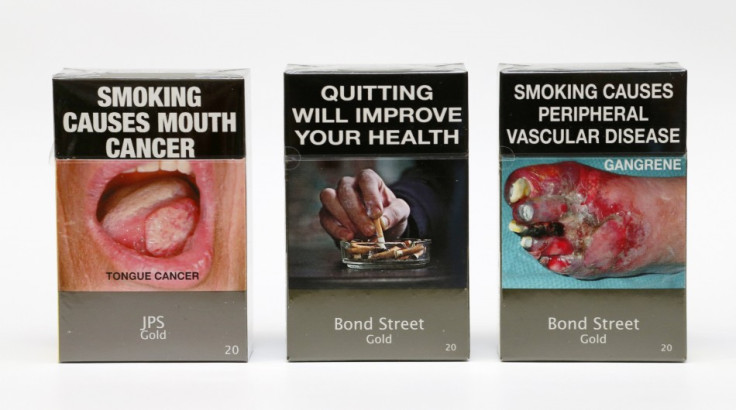Australia Introduces Plain Packaging for Cigarettes
Australia has the lowest number of smokers in the world

Australia has become the first country to introduce standardised packaging for cigarettes, with the introduction of plain packaging laws.
Under the new legislation, all cigarette packets must be coloured a uniform olive-brown, with health warnings and graphic images covering 75 percent of the front of the packaging and 90 percent of the back.
Brand logos are banned, and tobacco companies can print their name and that of the brand only at the foot of the packets in small, uniform fonts.
"This is the last gasp of a dying industry," said Tanya Plibersek, Australia's Health Minister. The aim is to de-glamourise the habit of smoking in younger generation by replacing the logo and advertisements with gruesome depictions of diseased body parts, sick babies and dying cancer patients.
The government points out that studies show that there is a 99 percent chance that people will never take up smoking if they do not start by the age of 26.
The Cancer Council Australia also found out that packaging played an important role in encouraging the younger generation to start smoking.
"Even from a very early age you can see that kids understand the message that the tobacco company is trying to sell through their branding," said Plibersek, according to the Guardian.
Australia's clampdown on smoking and tobacco goes back decades.
A ban on television and radio commercials for tobacco products was introduced in 1976, followed by a ban on tobacco advertisements in print in 1989.
The latest law follows a ruling by Australia's High Court in favour of the government. Australia wants to cut the number of smokers from 16 percent of the population in 2007 to 10 percent in 2018.
Unsurprisingly, tobacco companies have opposed the new law, claiming that the new packaging makes brands easy to copy and reproduce, thereby increasing the chances of counterfeits flooding the market.
"There will be serious unintended consequences from the legislation. Counterfeiters from China and Indonesia will bring lots more of these products down to sell on the streets of Australia," Scott McIntyre of British American Tobacco Australia told Sky News.
Elsewhere, Australia's new law came in for considerable praise. The country has shown "tremendous leadership in fighting the tobacco industry through the courts and in overcoming a range of other tactics designed to disrupt, deny and delay," said Cancer Research UK.
Australia already has the lowest rate of smoking in the world, so the new legislation is not expected to have much impact on the profits of tobacco companies.
© Copyright IBTimes 2024. All rights reserved.





